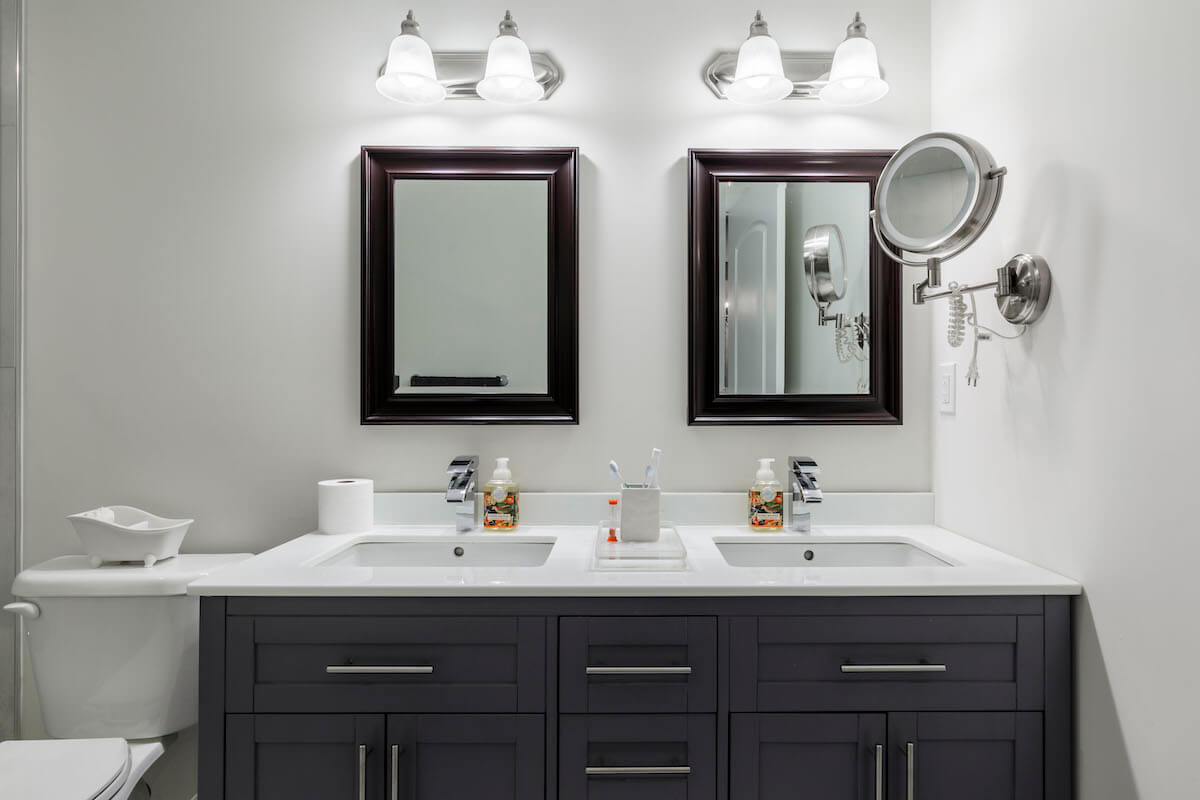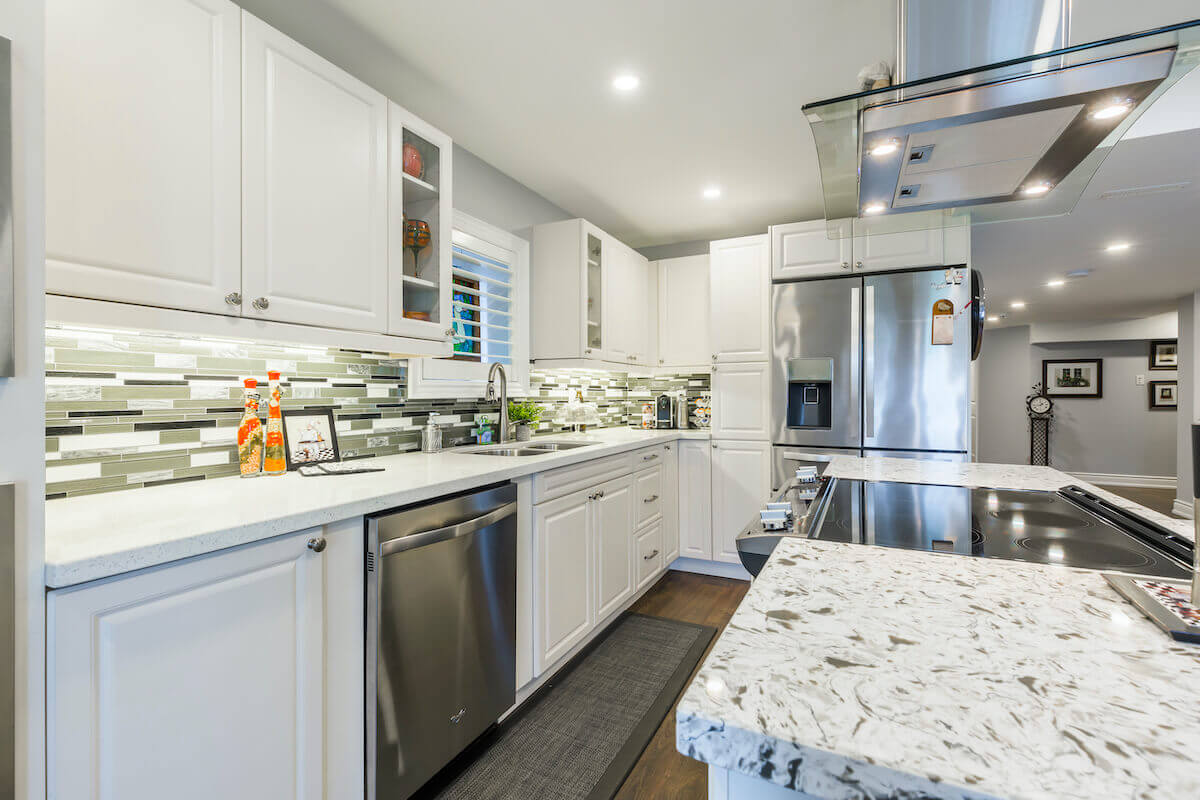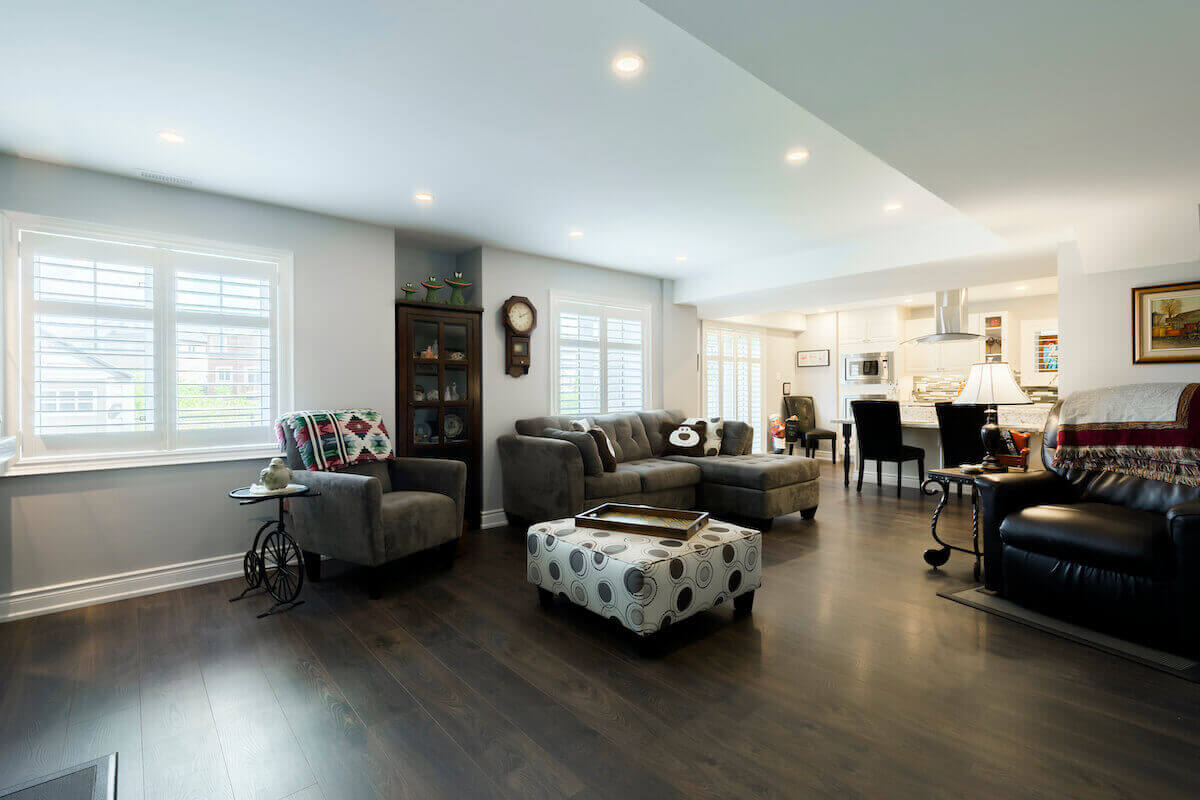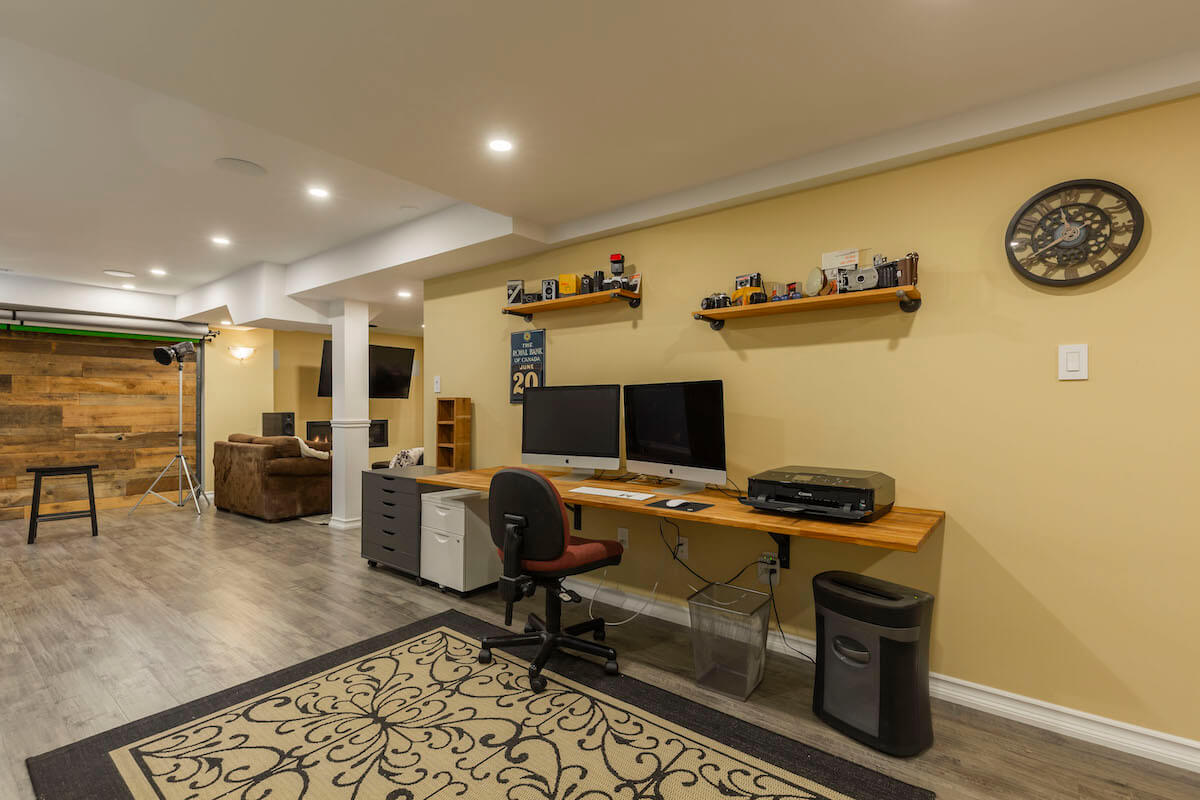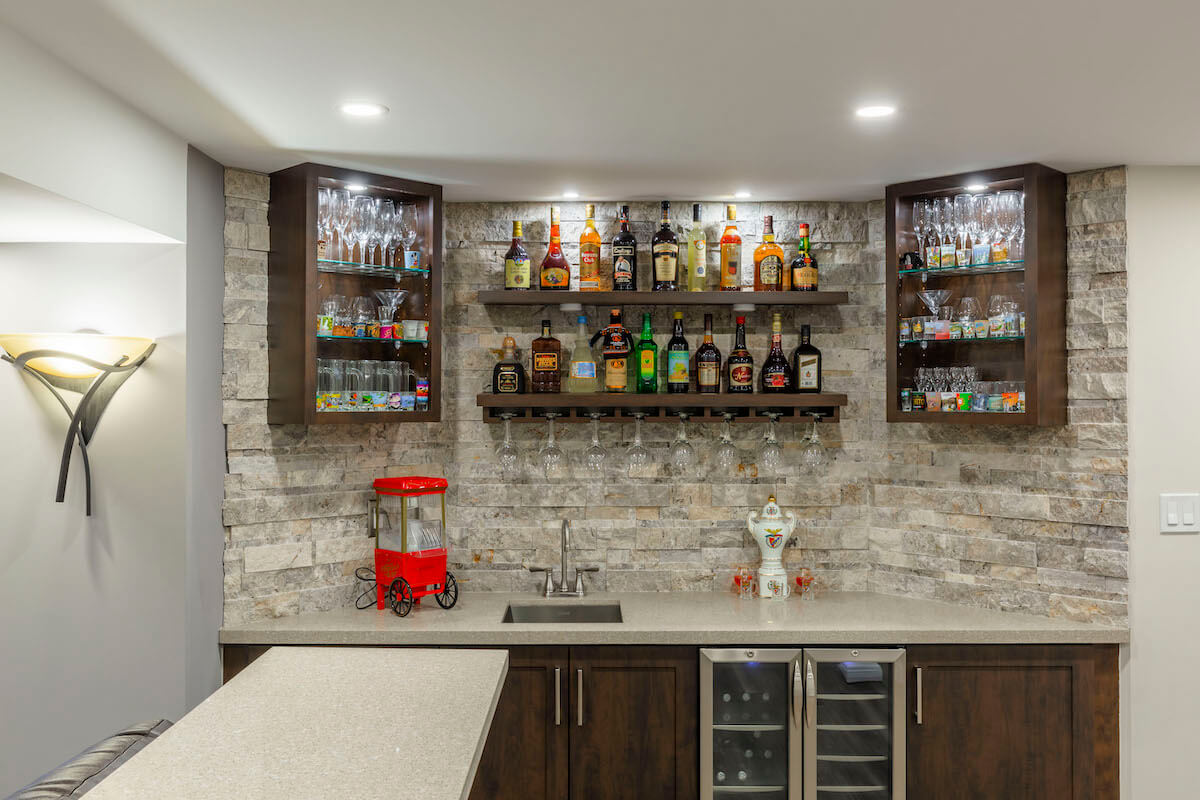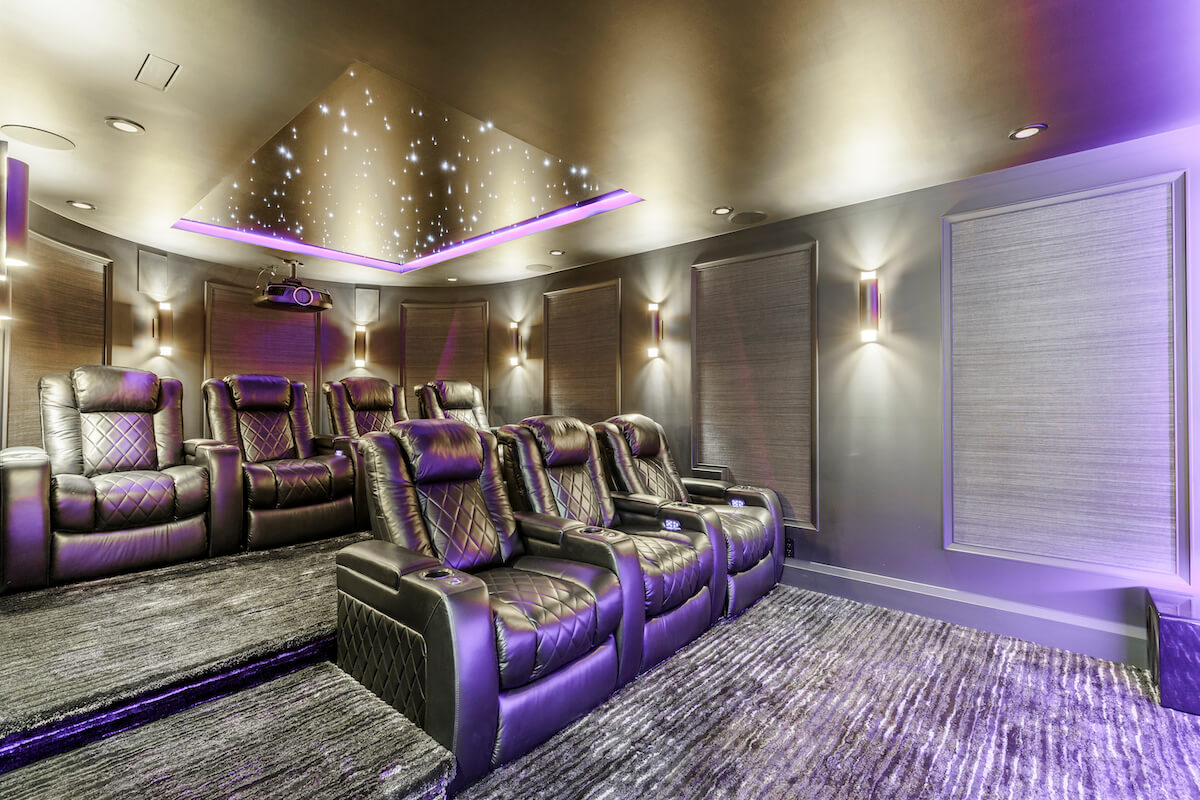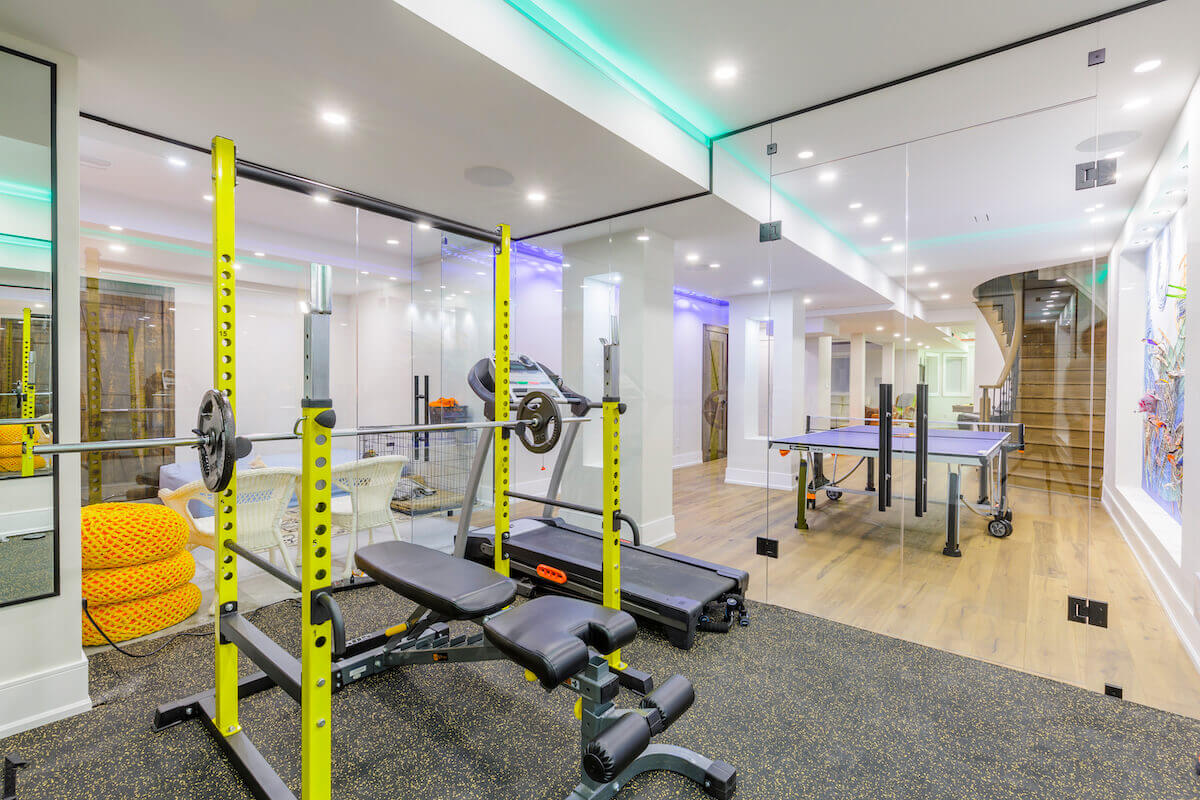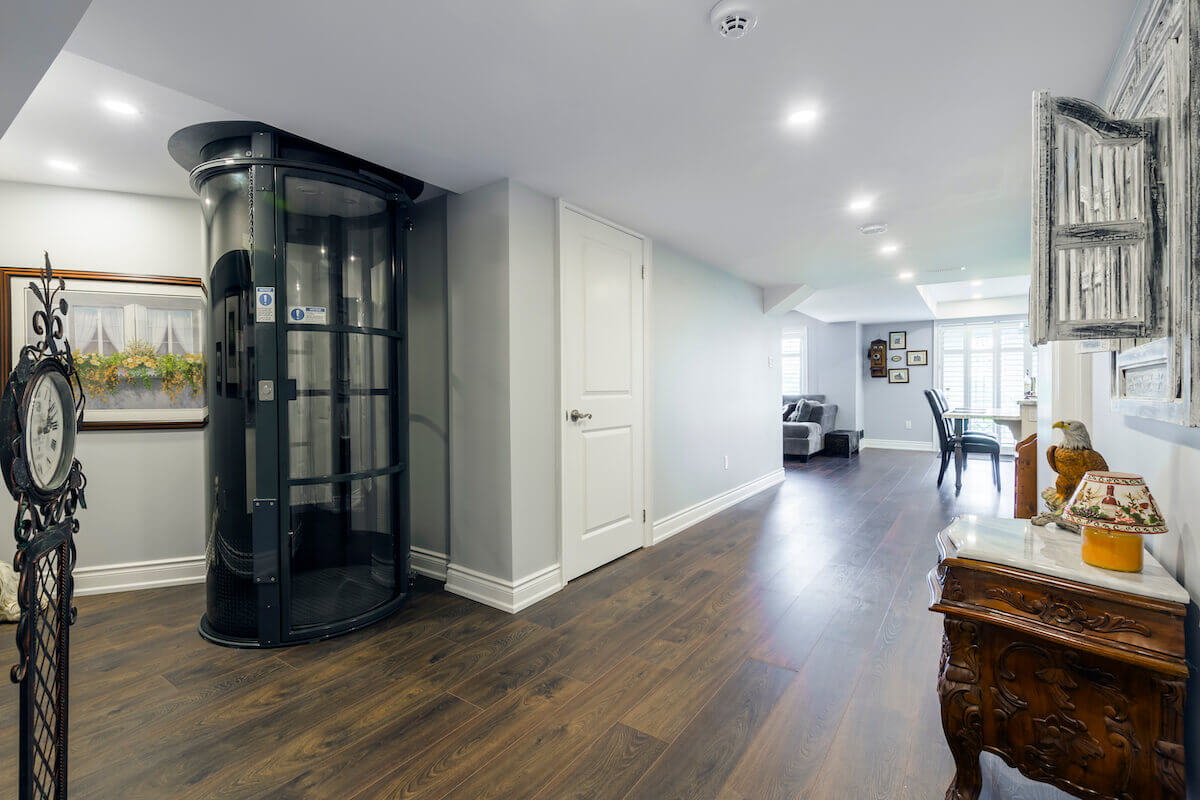
Many people in Toronto live comfortably in their homes by renting out the basement. This is a convenient and affordable option for people who are about to rent, like students, seniors, and young professionals. Sure, it’s a trend, but you need to know the relevant building codes and regulations before turning your basement into a rental space. This applies to property owners renovating their basement to rent it out.
Converting Basement into Legal Apartment in Toronto
Basement Renovation is a company that can help you turn your basement into a legal apartment in Toronto. Converting your basement into a legal basement apartment requires special skills, experience and money. But that doesn’t mean it can’t be done or that you have to spend thousands of dollars to finance the project. We have the experience and knowledge to help you through every step of the process. Starting from designing and building the space to getting all of the necessary permits.
Typically, illegal basement apartments in Toronto pose a danger to tenants and other people living in the building. That’s why it’s best for you, the homeowner, to adhere to strict rules for converting a basement apartment to a legal one. Our professional building contractors can assist you in converting your basement into a legal basement apartment.
Consult your municipality and property inspector before converting your basement into a rental apartment. Building codes and other relevant regulations depend on the location of the property. Some municipalities allow people to turn their basements into apartments. But other municipalities have rules that need to be followed. If you want to do this, it is important to get the right information from the proper authorities. This will help you avoid wasting time and money if the project is impossible. It will also help you budget if regulations allow basement conversions into legal basement apartments.
Plan Out Your Basement
It’s time to abandon DIY skills and hire an experienced technologist, engineer or architect to draw up a basement apartment plan. When planning the conversion of your basement into a living space, you should consider the following factors:
- The size of the basement
The size of the basement is an important factor to consider when planning the conversion. The larger the space, the more expensive it will be to convert.
- The height of the ceilings
The taller the ceilings, the more expensive it will be to convert.
- The layout of the basement
The basement layout will determine how much work needs to be done to convert it into a living space. If the layout is simple, then the project will be less expensive. If the layout is complex, then the project will be more expensive.
- The condition of the basement
The basement condition will determine how much work needs to be done to convert it into a living space. If the basement is in good condition, then the project will be less expensive. If the basement is in poor condition, the project will be more costly.
Basement Conversion Requirements
To convert your basement into a legal apartment in Toronto, you must follow certain requirements set by the City of Toronto. These requirements are in place to ensure that tenants have a safe and comfortable place to live.
A legal basement apartment is governed by Chapter 150 of the Toronto Zoning Act 569-2013. The Act reads as follows:
- Secondary apartments are permitted in townhouses, detached and detached houses.
- Townhouses can only have one additional apartment
- Traditional entrance, parking, and building requirements that more stringent than the Ontario codes. You should study chapter 150 of the bylaws for more information.
Areaway and All Other Forms of Egress
Every new basement apartment must have emergency exits. This is very important for safety reasons. Depending on your location, there might be rules about how many and what size emergency exits your apartment should have. You will need an entranceway that people can use to get out in an emergency.
For your apartment to be a legal basement apartment, you must provide a shared exit. If you want to have a legal basement apartment, it must share an exit with the main living quarters. The rental unit must have a second entrance if the main entrance is through the main unit. The apartment must also have interlocking smoke alarms. Our team at Basement Renovation can help you make sure you are doing everything right. We can also help you prove to the local authorities that your basement apartment is 100% legal.
Fireproofing
According to the Ontario Building Code, every basement apartment must be sprinkled. This means installing a fire suppression system in your basement apartment. The system must be able to control and extinguish a fire in the basement apartment.
Reputable building contractors must install the sprinkler system. It should be tested and maintained according to the manufacturer’s instructions.
Soundproofing
Soundproofing your legal basement apartment will increase the privacy of your future renters. Whether you want quick or long-term soundproofing, you may pick from several solutions. It’s a difficult job to convert your basement into an apartment, and it’s better to get advice from a specialist. Building contractors can help you choose the right materials, and you’ll never regret choosing to work with us.
What to do with your basement? Rent it out, turn it into a two-generation home, or leave it for other uses?
After our experts ensure that all the rules and regulations are met, you can use them in many different ways. You could use it as a place to live or use it as an office.
Plumbing Requirements for Legal Basement Apartments in Toronto
All new basement apartments must have a separate heating and cooling system. This ensures that the tenant is only responsible for the heating and cooling that they use.
Speaking of plumbing, a legitimate basement apartment must have the following:
- Sink
- Hot/cold water
- Access to a laundry room
- Kitchen sink
Although a legal basement apartment may be in a home with septic service, the existing septic system must be able to handle the extra load. Your apartment should also have a separate water shut-off valve in the basement. Depending on the situation, a check valve may need to be installed.
Heating and Cooling System
It is perfectly acceptable for a legal basement apartment in Toronto to share a furnace and ducts with the main room. However, it is required to have a special smoke detector that meets the UL268A standard. The detectors must be capable of shutting down the furnace in an emergency. The kitchen and bathroom in the secondary unit must have adequate ventilation. Ventilation may be an exhaust fan or a window.
What Makes a Basement Apartment Legal in Ontario?
If you plan to convert your basement for rent, you may be wondering what makes a basement apartment legal in Ontario.
In Ontario, a legal basement apartment is a secondary residence that meets the requirements of the Ontario Building Code. If your property complies with your neighbourhood zoning regulations and your building is more than five years old, the following is required for a secondary apartment:
- An area of at least 145 square feet.
- A ceiling height of at least 1.95 feet.
- Windows make up at least 5% of the living space and 2.5% of the bedroom space.
- Hot/cold water, sink, kitchen sink and access to the laundry room.
- The Electrician’s Office approves heating, cooling and electricity for Electrical Safety.
- At least 30 minutes fire separation between self and main unit.
- Second escape route.
Once you’ve met all of these requirements, you’ll be able to apply for a permit from the city. The cost of this permit will be about $200.
What Are the Costs of a Legal Basement?
The cost of converting your basement into a legal apartment will depend on the size and condition of your basement. You can expect to pay between $50,000 and $70,000 for the entire process. This includes the cost of permits, inspections, labour and materials.
If you’re planning to convert your basement into an apartment, it’s important to budget for the costs of soundproofing and fireproofing. These are essential items that must be installed to meet building code requirements.
What are the Pros and Cons of a Legal Basement?
Pros:
- Basement units are more affordable
By law, basement apartments must be self-contained units with kitchens and bathrooms. This means that you won’t have to worry about sharing common areas like the kitchen or living room with your tenants.
- Basement units are typically larger
Since basements are often unfinished spaces, there is usually more room to work with when it comes to basement conversions. This means that you can create a larger unit that is more comfortable for your tenants.
Cons:
There are some cons to consider as well, such as:
- It could feel claustrophobic
If your basement doesn’t have any windows, it could feel quite claustrophobic for your tenants. Be sure to include plenty of lighting in your unit to help mitigate this issue.
- You may need to soundproof
If you live in a busy neighbourhood, you may need to soundproof your basement apartment to ensure that your tenants can enjoy a peaceful living environment.
Overall, converting your basement into a legal apartment can be a great way to generate extra income. However, it’s important to be aware of the costs and challenges involved in such a project. With careful planning from Basement Renovation, the property owner can create a comfortable and inviting space for your tenants while still meeting all the necessary building code requirements.
